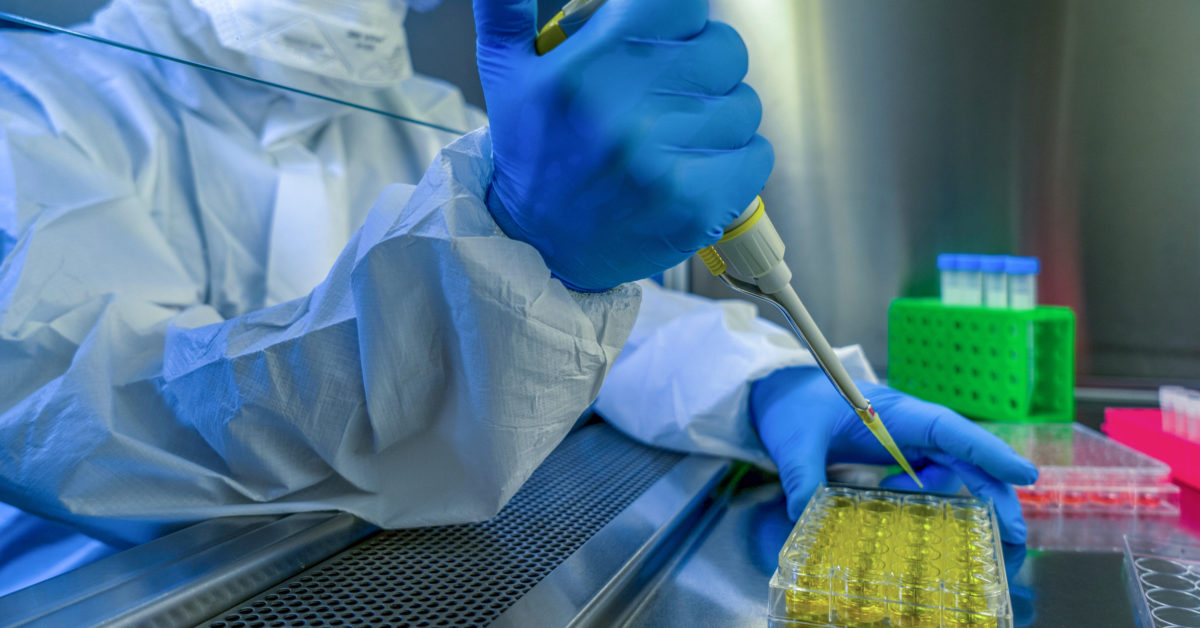Researchers have created a modified version of the spike protein of SARS-CoV-2, the new coronavirus. This innovation, they say, might help speed up vaccine production, making it available to more people, faster.

Like other viruses, SARS-CoV-2 features a spike protein, which helps it penetrate and infect previously healthy cells.
But while the spike protein typically plays a role in infection, scientists can also use it in vaccines, to “train” a person’s immune system to recognize and fight the virus.
Recently, a team of investigators from the University of Texas at Austin has created a version of the SARS-CoV-2 spike protein that, they argue, might help bring vaccines to more people faster.
Stay informed with live updates on the current COVID-19 outbreak and visit our coronavirus hub for more advice on prevention and treatment.
According to senior author Jason McLellan, associate professor in the Department of Molecular Biosciences:
“Depending on the type of vaccine, this improved version of the protein could reduce the size of each dose or speed up vaccine production. Either way, it could mean more patients have access to vaccines faster.”
McLellan and his colleagues present their research and describe the innovative protein, which they have named HexaPro, in a study paper featured in the journal Science.
The researchers had previously described the structure of the SARS-CoV-2 spike proteins.
For their study, the scientists drew on previous research around creating more stable spike proteins for use in vaccines against MERS-CoV, the coronavirus that causes MERS.
The team initially outlined as many as 100 modifications of the spike protein that, they belie

